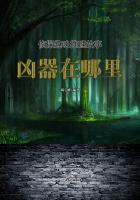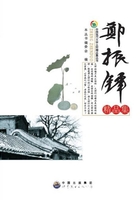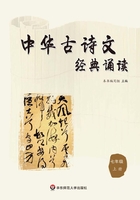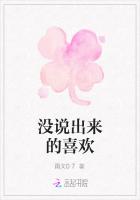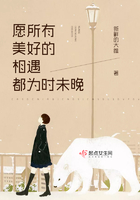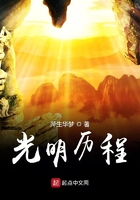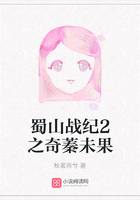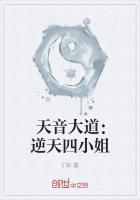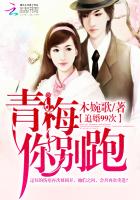There are some popular sayings like“Tea comes first when entertaining guests (待客茶为先),”“There is no ritual without tea (无茶不成仪),”or“The friendship between gentlemen appears indifferent but is pure like water; the friendship between tea drinkers appears mildly intoxicated but is flavorful like tea (君子之交淡如水,茶人之交醇如茶).”
People usually host guests with tea at home or at work. At a special tea party serving a cup of tea is more than a matter of mere politeness. It is a show of respect to guests. Before brewing tea for guests, the host should wash hands, clean cups or teacups. A ceramic tea set is preferred. The host should ask guests what kind of tea they prefer: green tea, black tea, jasmine tea, or another. Each cup is 70% full with boiled water, and the tea water tastes neither too strong nor too light.
Generally the host places the teacups on the saucer before he presents them to guests. In addition, the host often uses his two hands to present the teacups to guests. As he uses his two hands to present the teacups to guests, guests should rise to their feet and take over them also with both hands. At the same time, guests should express their appreciation by saying“thank you.”
Following are special circumstances in which tea is prepared and consumed.
In China, the younger generation commonly show respect to the older generation. One traditional holiday activity is to offer a cup of tea to one’s elders at a family dinner gatherings.
In the past, people of lower ranks served tea to those of higher ranks. Today, however, parents may sometimes pour a cup of tea for their children when at home, and a boss may even pour tea for subordinates at restaurants. However, the lower ranking person should not expect the higher rank person to serve him or her tea on a formal occasion.
In Chinese culture, people make serious apologies to others by pouring them tea as a sign of regret or submission.
In the traditional Chinese marriage ceremony, the bride and groom kneel before their parents and serve them tea to express their gratitude. The parents usually drink a small portion of the tea and then give them a red envelope, which symbolizes good luck.
Notes:1)indifferent不关心的;2)intoxicated使陶醉;
3)appreciation感谢;4)circum-stance仪式;5)subordinate下级的;
6)ranking等级;7)apology道歉;8)submission归顺;9)bride新娘;10)groom新郎;11)gratitude感激之情
13.中国茶道有什么特点?
What is the feature of the Chinese tea ceremony?
As for the tea ceremony, different areas may have different ways to display their unique ceremony. Unlike the Japanese tea ceremony, the Chinese tea ceremony emphasizes the tea rather than the ceremony. During a Chinese tea ceremony, participants are most concerned with the tea taste and smell, as well as the difference between different tea.
The tea ceremony doesn’t mean that each server will perform the ritual in the same way, nor is there a relationship to religion. This style of tea-drinking uses small cups to match the small, unglazed clay teapots; each cup is just large enough to hold about two small servings of tea.
The teas used in tea ceremonies are particularly refined. The server passes the dry and unbroken tealeaves around for everyone to see and smell. Then he displays a tiny teapot made from zisha clay. After heating water to boiling, the teapot is first rinsed with hot boiled water. The server uses pointed chopsticks to put the tea into the teapot and pours hot boiled water into it. The server rinses the tealeaves by filling the pot half full with hot boiled water and draining the water out immediately, leaving only the soaked tea leaves.
The server then fills the pot to the top with more hot boiled water. As he does this, he holds the pot over a large bowl, allowing the bubble water to run into the bowl. The first infusion should be steeped for only 30 seconds before he pours the tea into the tiny cups. Instead of pouring one cup at a time, the server moves the teapot around in a continual motion over the cups so they are all filled.
As the server empties the pot, he passes out the tiny cups, telling drinkers to smell the tea first. When they drink the tea, the tea tastes much different than it smells. It has a bitter, green-twig taste, very satisfying.
The server refills the teapot with hot water. He refills the cups as the drinker hands back them for the next round. Each pot of tea serves three to four rounds and up to five or six, depending on the tea and the server with the goal that each round tastes the same as the first.
Notes:1)ceremony仪式;2)emphasize强调;3)unbroken完整的;4)rinse冲洗;5)bubble水泡;6)twig嫩枝
14.成都有许多茶馆吗?
Are there many teahouses in Chengdu?
There is a saying,“China has the best teahouses in the world, and Chengdu has the best teahouses in China.”When you are in Chengdu, you will see teahouses everywhere, sprawling over the sidewalks, in back-alleys and in the suburbs. They offer hot boiled water and tea snacks, and provide a comfortable setting with bamboo armchairs, low tables and sooty kettles. Some teahouses present performances, or local operas. Jasmine tea is especially popular but people who go to the teahouses are not really thirsty. They usually go there just to sip tea and chat. Elderly persons may pass their whole day there, playing games or cards.

